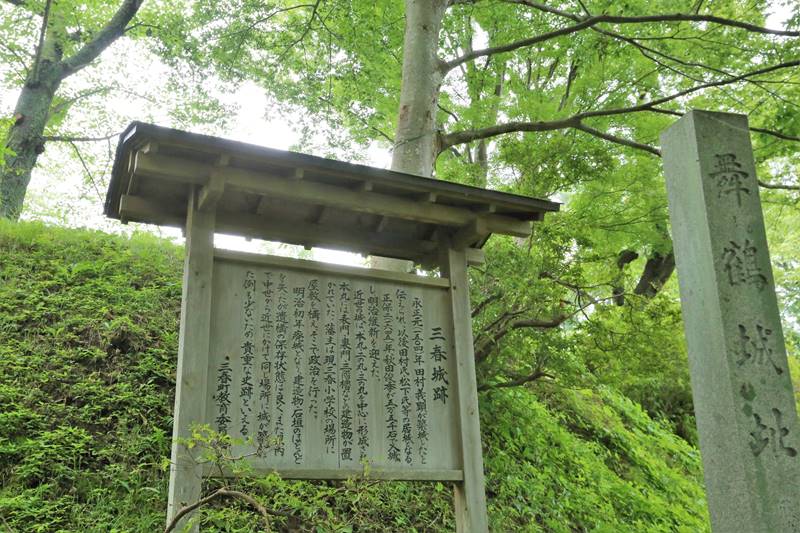This is all about Miharu Castle Ruins you want to know.
Every information you get on this site will be from a credible source based on Japanese history (books for reference).
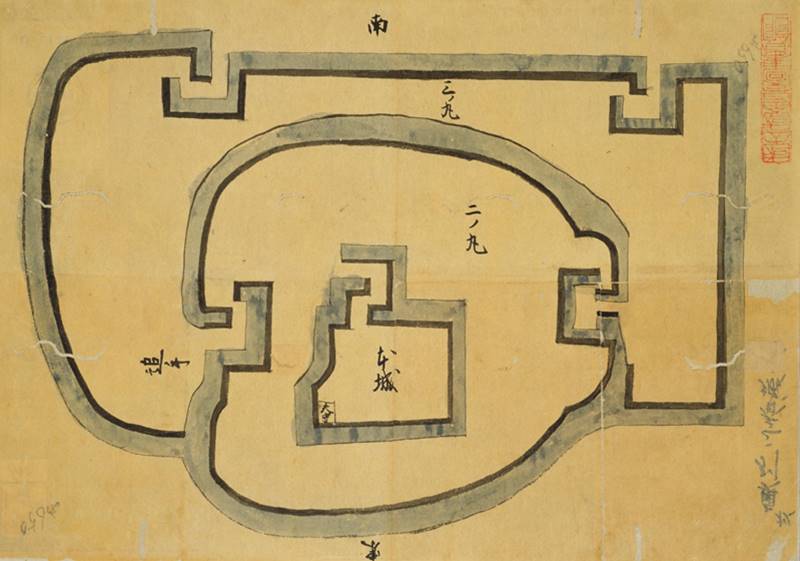
Collected by the Inagaki family, the Toba Daimyō from the mid-Edo period to the Meiji Restoration, as materials for military studies. There are about 350 illustrations, but there is no uniformity because only illustrations of castles, illustrations including castle towns, and old battlefield illustrations are mixed.
Another typical example of a castle picture in the Edo period is "The Shōhō Shiroezu", picture of the castle and castle town that the Edo Shogunate ordered the daimyō to create and submit,aggregating military information such as the buildings inside the castle, the height of the stone wall, the width of the moat and the water depth, etc., it also details the location and shape of the castle town and the mountain river.
Profile : Miharu Castle Ruins
| Location | Miharu-machi, Tamura-district, Fukushima Prefecture |
| Also known as | Maizuru Castle |
| Type of castle | Mountaintop |
| Mountain's name | Mt.Ōshidayama |
| Elevation | 407m |
| Condition | Ruins |
| Designation | Miharu-chō Historic Sites |
| Year built | 1504 |
| Abolished | 1871 |
| Castle lord | Tamura Yoshiaki |
| Refurbishment lord | Matsushita Nagatsuna |
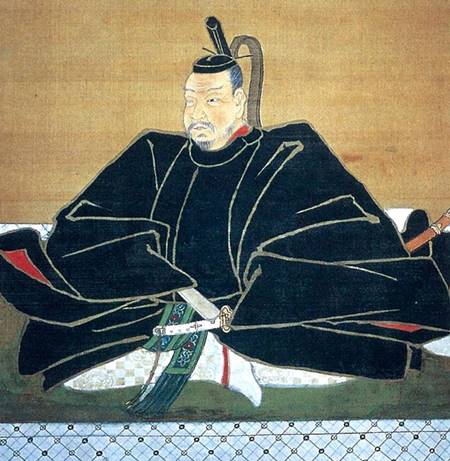
Another name "Dokuganryu Masamune" (means "One-eyed Dragon Masamune"), one of the most popular and intelligent Warlords of the Warring States Period in Japan.
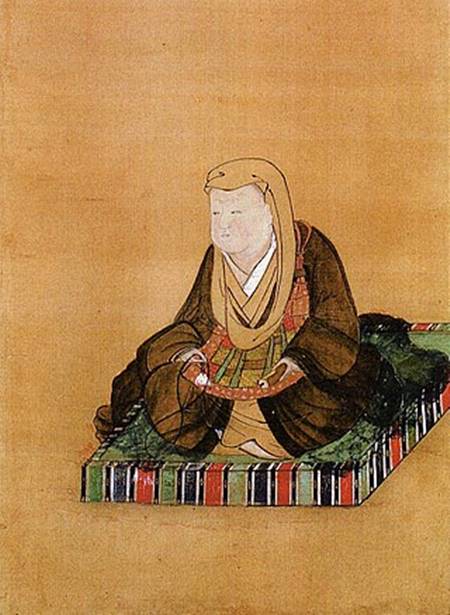
Lawful wife of Date Masamune, the only daughter of Tamura Kiyoaki, the owner of Miharu Castle and known as "Tamura Gozen". After becoming a priest, assumed the name of "Yōtoku-in".
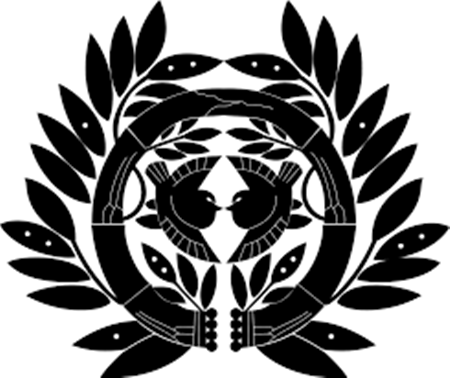
The family crest was originally created from the pattern that the emperor and the royal family put on the kimono, and the pattern was made into a fixed pattern, and the one attached to his own oxcart is said to be the beginning of the family crest. The warlords drew large crests on the flag-fingers, used to distinguish enemy views on the battlefield, and used by the generals to determine which warlords were active and how much.
Miharu Castle admission
admission fee : free
admission time : free
closing period : open everyday reference official site
Miharu Castle Google Map
Miharu Castle Images
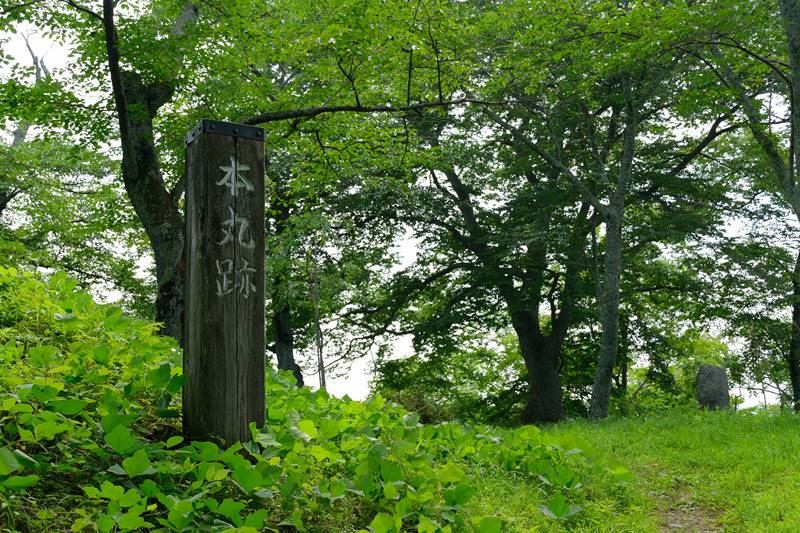
Miharu Castle, which is said to have been built by Tamura Yoshiaki, was the residence of Tamura Clan in Sengoku Warlord Period. It was in the early Edo period in 1628 that Matsushita Nagatsuna ruled the area. Miharu Castle was renovated during this Matsushita's era, and it was reborn as a modern-day fortress from what was like the Warring States Castle Hall. After that, Akita Toshisue became the lord with 55,000 stones level in 1645 and Akita Clan reigned until the Meiji Restoration.
Megohime, 25th generation Tamura Kiyoaki's daughter,was married to Date Masamune in 1579. Then Masamune expanded into the South Ōu region and entered Miharu Castle in 1588. He expelled the forces against him among the retainers of Tamura family, set Tamura Kiyoaki's nephew Tamura Muneaki as the castle owner.
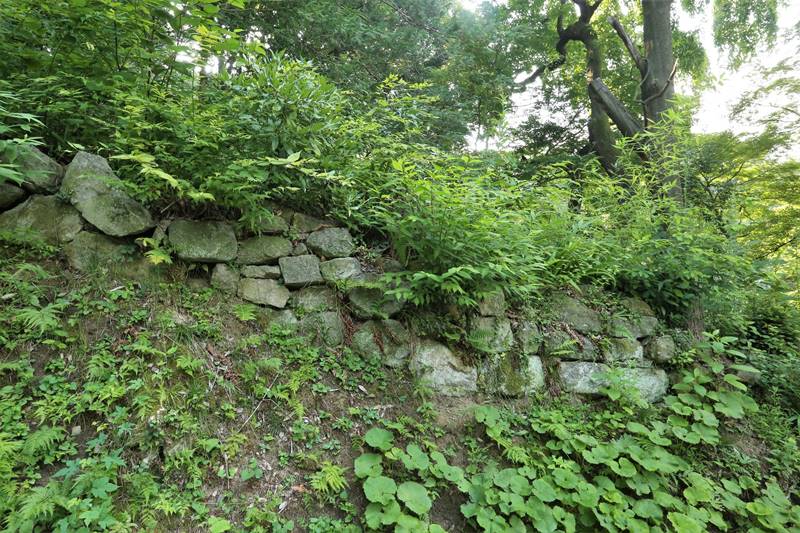
The modern castle was formed around Honmaru, Ninomaru and Sannomaru, and there were structures such as the front gate, the back gate and the third floor turret. The feudal lord set up a mansion in the place of the present Miharu Elementary School, and conducted politics there. In the first year of the Meiji era, the castle was abandoned and most of the buildings and stone walls were lost, but the preservation of the remains is good.
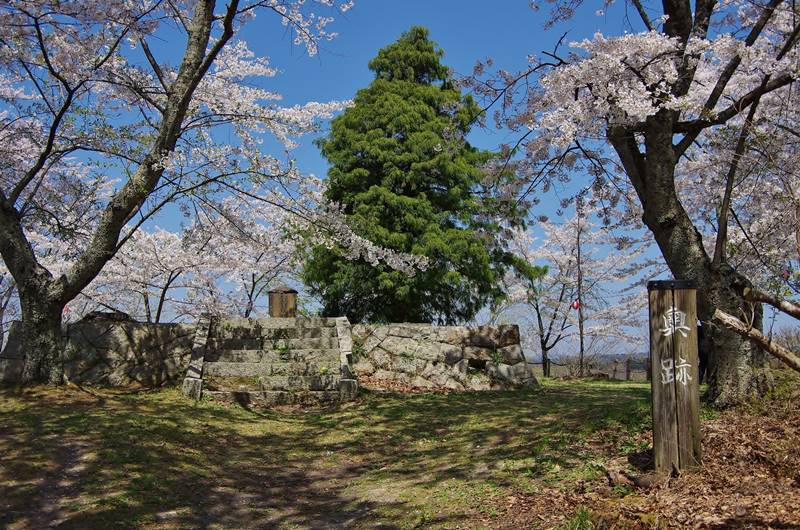
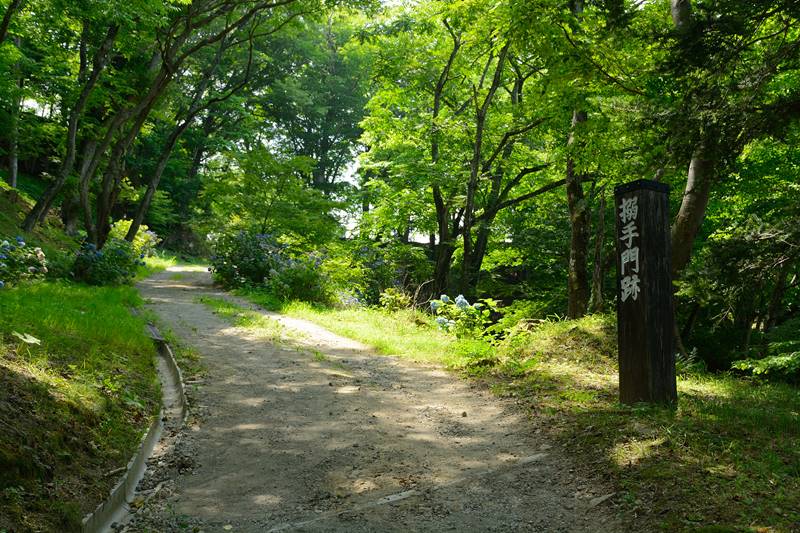
The gate of Ōte-koguchi, which is the front entrance of the castle, was called "Ōte-mon", while the gate of Karamete-guchi, which is the back-door, was called "Karametemon".
Link : A castle closely related to Date Masamune
【north japan】Shiroishi Castle 【north japan】Yonezawa Castle 【north japan】 Sendai Castle 【north japan】Miharu Castle
